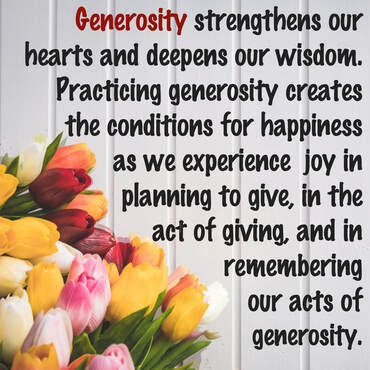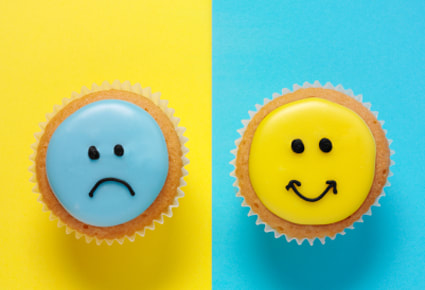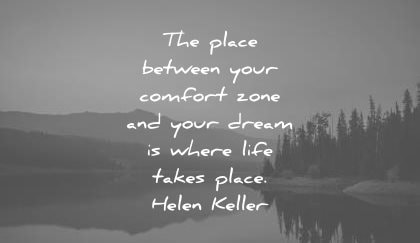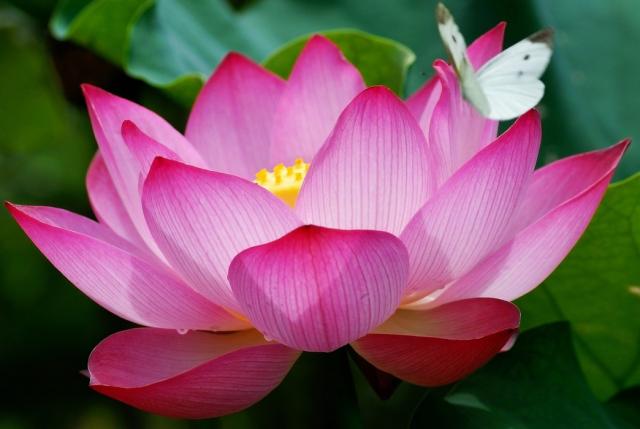Dr. Richard Davidson, a neuroscientist, professor of psychology and psychiatry at the University of Wisconsin-Madison, and founder and chair of the Center for Healthy Minds, shares that research demonstrates that well-being (which he partly defines as happiness) is a skill that can be learned. He details four constituents of well-being that have been extensively investigated neuroscientifically. One of these is generosity. Acts of generosity activates circuits in the brain that promote well-being.
Dr. Davidson believes that having a meditation/mindfulness practice is an act of generosity. Why is this? What is the connection between generosity and meditation/mindfulness?
People often perceive that meditation/mindfulness is something that you do just for yourself. While it is definitely something that benefits the individual, mindfulness also benefits the community and the whole world. Research has shown that meditation/mindfulness has a spillover effect. By meditating I am able to not only having a positive effect on my own physical, mental, emotional and spiritual well-being, but also on the overall well-being of my community. In this way, my meditation/mindfulness practice is an act of generosity to my community.
Meditation/mindfulness helps me to be less reactive, to stay centered, to be calmer, act wiser with intention and this doesn’t just help me, but it helps everyone I come into contact with. When we work on creating inner peace through meditation, we are giving a gift out to the world...change your mind, change the world. It sends out high vibrational energy into the community and world. This is an act of generosity.
Meditation/mindfulness helps me to practice being present, living in the present moment, giving my attention and focus to this moment. Being able to give your presence to another person is one of the greatest, most generous, gifts you can give. Especially in a day and age where our attention is being pulled in many different directions by the constant pull of electronic devices.
The act of giving creates a spacious world. A world where your belief is that there is enough. A person who has more than enough to share. An abundance of time, money, love and attention to share with others versus the fear of scarcity. These are also things that I work on in my meditation practice.
Meditation helps to cultivate loving kindness, compassion and detachment from negative thoughts, beliefs, feelings.
We can be more generous with others when we are generous with ourselves first. Begin by being generous with yourself, so your cup overflows, that way you are better able to practice generosity with others.
Acts of generosity open our heart and bring joy to our mind. The feelings that arise while planning a generous act, persist during the act, and perpetuate long after the act itself, especially when we practice savoring it. Practicing generosity cultivates a positive mindset and an open, loving heart leading to more well-being and more happiness.
The practice of generosity is an intentional practice and a spiritual practice. Having a meditation/mindfulness practice cultivates generosity and is an act of generosity. It does my heart good to know that something that feels selfish is actually generous and selfless...selfishly selfless is awesome!




 RSS Feed
RSS Feed
